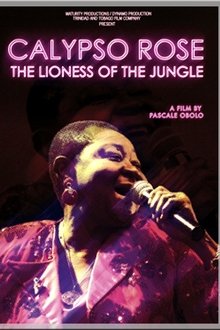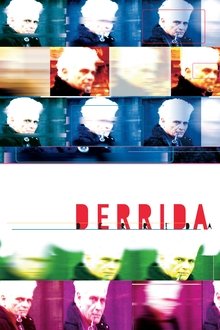When the lights dim and the stage is revealed, Meschke channels life through the strings of his puppets, triggering the spiritual connection between the creator and his alter-egos: the charismatic Don Quixote, the loving Penelope, the inquisitive Baptiste, or the mysterious Antigone. THE MAN WHO MADE ANGELS FLY is a poetic story about a master of his craft that has inspired audiences to reflect upon common issues of suffering and the mortal coil. Visionary and un-biographic, imaginary tribute to the puppeteer.
Related Movies
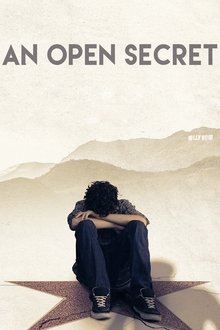
An Open Secret (2014)
An investigation into accusations of teenagers being sexually abused within the film industry.

The Hacker Wars (2014)
h)ac(k)tivist-noun: a person who uses technology to bring about social change. The Hacker Wars - a film about the targeting of (h)ac(k)tivists, activists and journalists by the US government. There is a war going on- the war for our minds. The Hacker Wars.
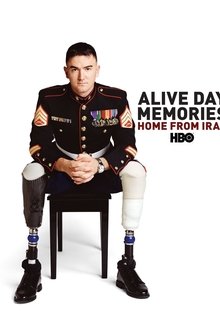
Alive Day Memories: Home from Iraq (2007)
In a war that has left more than 25,000 wounded, ALIVE DAY MEMORIES: HOME FROM IRAQ looks at a new generation of veterans. Executive Producer James Gandolfini interviews ten Soldiers and Marines who reveal their feelings on their future, their severe disabilities and their devotion to America. The documentary surveys the physical and emotional cost of war through memories of their "alive day," the day they narrowly escaped death in Iraq.

Matt Shepard Is a Friend of Mine (2014)
An intimate portrait of Matthew Shepard, the gay young man murdered in one of the most notorious hate crimes in U.S. history. Framed through a personal lens, it's the story of loss, love, and courage in the face of unspeakable tragedy.
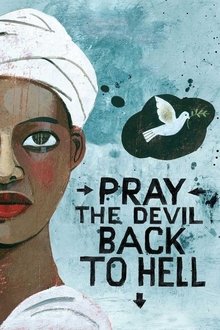
Pray the Devil Back to Hell (2008)
Pray the Devil Back to Hell chronicles the remarkable story of the Liberian women who came together to end a bloody civil war and bring peace to their shattered country.
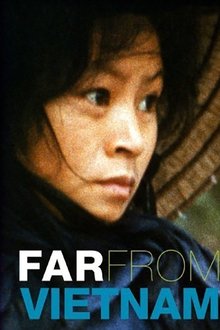
Far from Vietnam (1967)
In seven different parts, Godard, Ivens, Klein, Lelouch, Marker, Resnais, and Varda show their sympathy for the North-Vietnamese army during the Vietnam War.
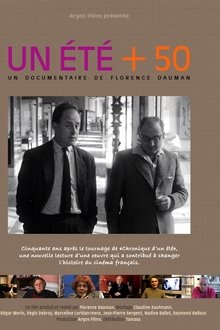
Un été + 50 (2011)
A seventy-five-minute documentary featuring outtakes from "Chronicle of a Summer" (1961), along with new interviews with co-director Edgar Morin and some of the film’s participants.
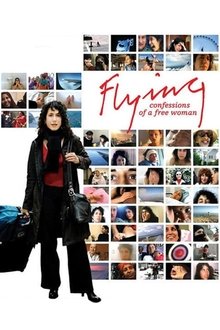
Flying: Confessions of a Free Woman (2007)
Acclaimed filmmaker Jennifer Fox maps the world of female life and sexuality today -- from the dramatic turns in her own life to the stories of women around the globe that shed light on the universal issues all women face. Employing a groundbreaking camera technique, called "passing the camera", this powerful series creates a new type of documentary language and storytelling that mirrors the special way women communicate.

A Walk to Beautiful (2007)
"A Walk to Beautiful" tells the story of five women in Ethiopia suffering from devastating childbirth injuries. Rejected by their husbands and ostracized by their communities, these women are left to spend the rest of their lives in loneliness and shame. The trials they endure and their attempts to rebuild their lives tell a universal story of hope, courage, and transformation.
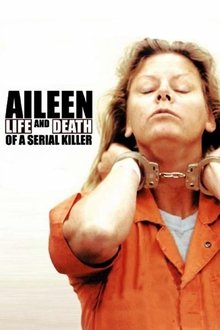
Aileen: Life and Death of a Serial Killer (2003)
British documentarian Nick Broomfield creates a follow-up piece to his 1992 documentary of the serial killer Aileen Wuornos, a highway prostitute who was convicted of killing six men in Florida between 1989 and 1990. Interviewing an increasingly mentally unstable Wuornos, Broomfield captures the distorted mind of a murderer whom the state of Florida deems of sound mind -- and therefore fit to execute. Throughout the film, Broomfield includes footage of his testimony at Wuornos' trial.
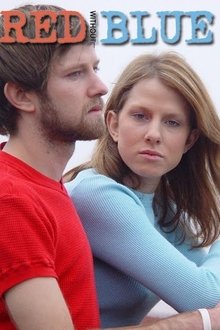
Red Without Blue (2007)
The intimate bond between two identical twins is challenged when one decides to transition from male to female; this is the story of their evolving relationship, and the resurrection of their family from a darker past.

The Last Truck: Closing of a GM Plant (2009)
The inside story of the last days of a General Motors plant in Moraine, Ohio, as lived by the people who worked the line.
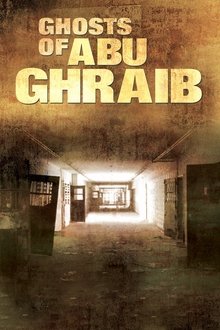
Ghosts of Abu Ghraib (2007)
An examination of the prisoner abuse scandal involving U.S. soldiers and detainees at Iraq's Abu Ghraib prison in the fall of 2003.
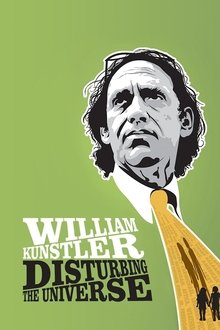
William Kunstler: Disturbing the Universe (2009)
William Kunstler was one of the most famous lawyers of the 20th century. His clients included Martin Luther King Jr., Malcolm X, Phillip and Daniel Berrigan, Abbie Hoffman, H. Rap Brown, Stokely Carmichael, Adam Clayton Powell, Jr., and Leonard Peltier. Filmmakers Emily Kunstler and Sarah Kunstler explore their father’s life, from middle-class family man, to movement lawyer, to “the most hated lawyer in America.”
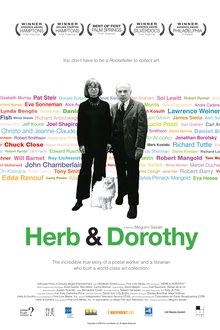
Herb & Dorothy (2009)
He was a postal clerk. She was a librarian. With their modest means, the couple managed to build one of the most important contemporary art collections in history. Meet Herb and Dorothy Vogel, whose shared passion and disciplines and defied stereotypes and redefined what it means to be an art collector.
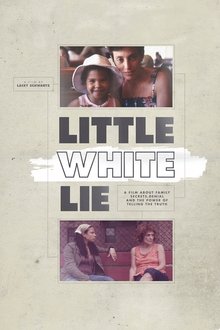
Little White Lie (2014)
Lacey Schwartz grew up in a typical upper-middle-class Jewish household in Woodstock, NY, with loving parents and a strong sense of her Jewish identity - despite the open questions from those around her about how a white girl could have such dark skin. She believes her family's explanation that her looks were inherited from her dark-skinned Sicilian grandfather. But when her parents abruptly split, her gut starts to tell her something different. At age of 18, she finally confronts her mother and learns the truth: her biological father was not the man who raised her, but a black man named Rodney with whom her mother had had an affair.

Dying To Live (2014)
'if you only had one year left of your life, what would you do?' This question asks Swiss author Franz Hohler. His answer: 'Make death your adviser to live life to the fullest.' He is one of several carefully chosen Swiss citizens who give us an insight into their personal views on life and death. Besides these colorful, oftentimes funny quotes we meet Tom, a 50-year old male that has been diagnosed with incurable brain tumor. Contrary to what one would expect, Tom takes his sickness not as a burden but as a chance and lives his life happier than ever before. This to the surprise of his family and friends and above all - himself. The film encourages people to live life more consciously.
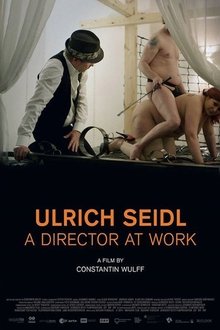
Ulrich Seidl - A Director at Work (2014)
This cinematic portrait shows the Austrian filmmaker Ulrich Seidl at work. The much-discussed ‘Seidl method’ is conveyed here vividly and directly: The camera watches over Seidl’s shoulder during the filming of his new production IM KELLER, and observes him at the rehearsals for his latest theatre production ‘Böse Buben / Fiese Männer’. The film paints the picture of a fascinating and exceptional artist using a combination of extensive interviews and excerpts from earlier works.
